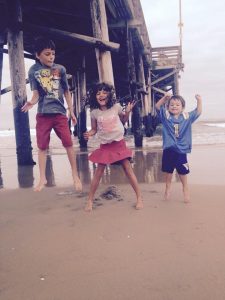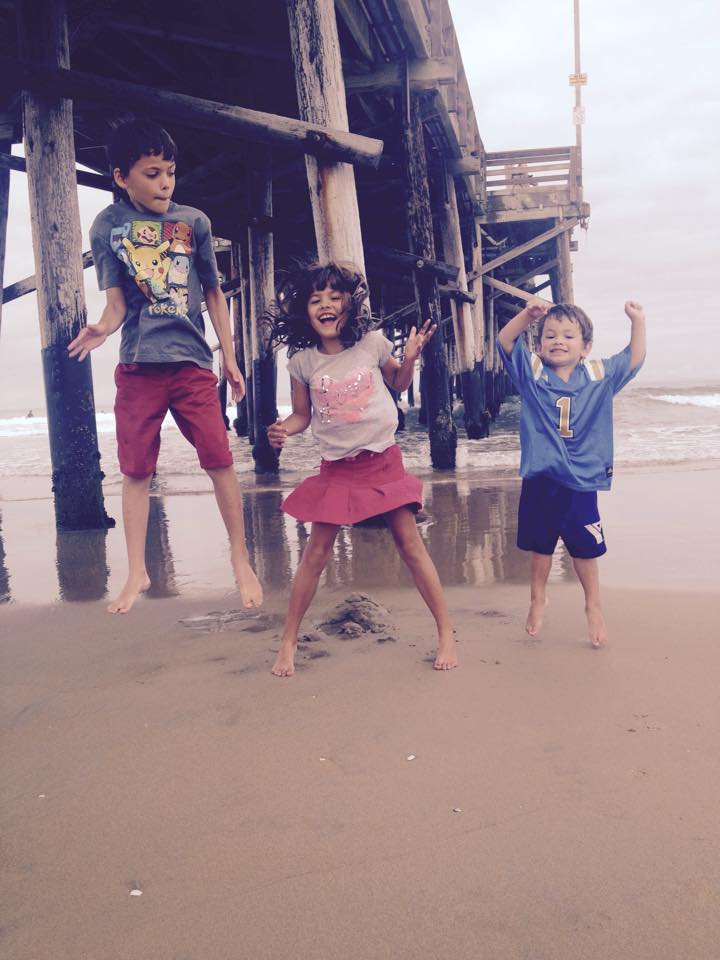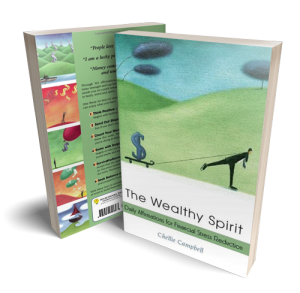308 – November 4
“Most of the shadows of this life are caused by our standing in our own sunshine.”—Ralph Waldo Emerson
You’re wearing what you are thinking.
It’s on your face: Your emotions show. If you’re angry, I can see it. If you’re happy, I can see that. I know if you’re depressed, exuberant, alert, sleepy, cocky, defiant, joyful, excited. Your expression tells me if you love your life, love your fellow man, love me.
It’s on your body: I can see the self-respect of the person who dresses carefully, neatly, cleanly. The flamboyance of loud colors states clearly you are unafraid of my opinion. The nose rings and multicolored Mohawks of the young people on Melrose Boulevard speak to me of teenage rebellion and worse (although I could be wrong about the worse). Rich fabrics and fine jewelry tell me you have manifested some wealth in your life. Rags tell me you haven’t.
Studies have shown that some 75 percent of our opinions about other people are formed in the first thirty seconds we meet them through non-verbal clues.
You’re talking your thinking.
After the visual, the verbal clues declare themselves. When you talk, you betray your culture, your upbringing, your education, your intelligence, and your beliefs. When you say “Yeah, but” I see where you are stuck along the path to your dream. When you ask questions, I believe you are interested. When you never ask questions, I assume you are not. When you talk with energy, I catch your excitement. When you complain about things, I catch your resentment.
Some people are wearing Heaven. Some people are wearing Hell.
So. What are you wearing today?
Today’s Affirmation: “I am proud to wear the abundant thoughts that I am thinking today!”

One year, I got a bad case of the flu. I was following the doctor’s orders – resting, drinking lots of fluids, taking my antibiotics, and just generally being a bed potato (couldn’t get to the couch). I cancelled everything on my calendar. Watched some TV but it’s amazing how you can have 300 channels full of 24/7 broadcasting and not find very much of interest.
But a friend I trade books with (we’re both into sci fi and fantasy fiction) had included Ken Follet’s “Fall of Giants” in his last shipment. I had enjoyed his “Pillars of the Earth” and “World Without End” enormously, so I settled in with his nearly 1,000 page tome about 5 families during the period of 1911-1924, from just before World War I and just after. It was enormously entertaining! From the upper class British nobility to the coal miners who worked under their land, to the German aristocrat balancing his love for his country with his forbidden love of an English girl, then to the poor Russian brothers – one a scoundrel and one a saint, and the American eager young politician working for Woodrow Wilson, I was enthralled with their stories.
I have always enjoyed historical fiction, following a group of characters as they react to the political, social, and economic issues of their particular time. It’s a more interesting way of learning history, to look at political decisions through the eyes of a person who might have lived through it, with all the personal motivations that might have intruded upon them. You can read facts and statistics until you’re blind, but when you put them into the lives of characters you’ve come to know and care about, they have a particular resonance. I was horrified by the lives of the miners, working in the dark caverns under the earth from 6 am to 7 pm, 6 days per week, with few laws to protect them or guarantee their safety. I was chagrined at how women were in bondage their whole lives – first to their fathers and then to their husbands – with few laws protecting them and no right to vote. The Russian revolution happened because the tiny group of the nobility had everything and the vast millions of the population had nothing and no chance of ever getting anything.
I shuddered over the way things were then and celebrated how far we have come, while recognizing the dangers we face now as a world economy where too few have too much and too many have not enough. When the divide gets too large, revolutions happen like the Arab Spring. You can’t hold people down forever, they will rise up. It’s what comes next that is most important: what political and institutional systems will be set up to fulfil the dreams of the future?
A year later, I read the second volume in Follet’s trilogy, “Winter of the World”, which follows the characters’ families through World War II. It’s wonderful to pick up the threads of narrative with engaging characters you’ve already come to know and love, and then fall in love with their descendants too. Then of course I got the third book in the series, which takes place during the social and political upheavals of the 1960s. I enjoyed the second two perhaps a bit more than the first – because I didn’t have the flu!


